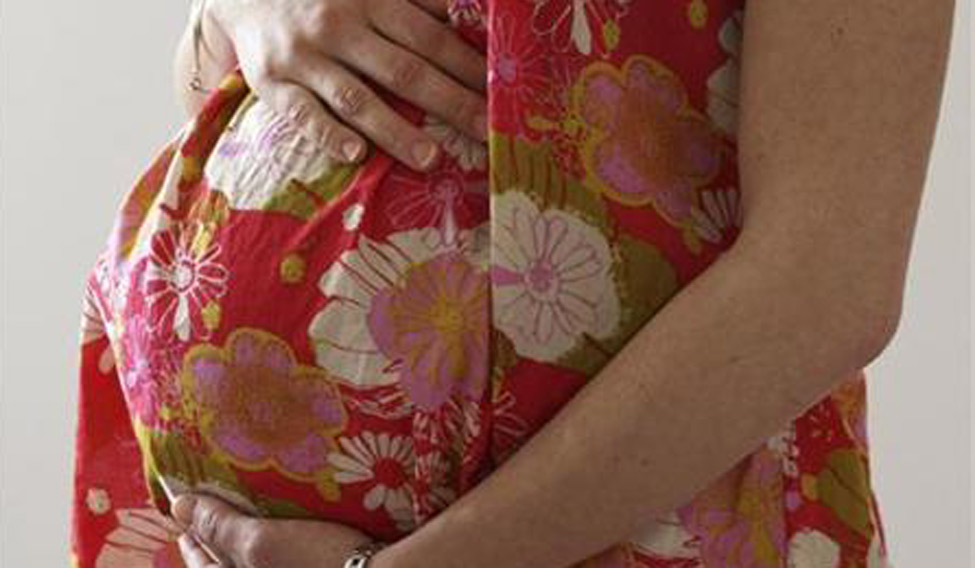Recently, a Niti Aayog proposal to privatise healthcare in district hospitals in a few states generated much debate over its impact on healthcare in the country.
Now, a new study might have some evidence for the think-thank to change its mind.
The study, published in the journal BMC Health Services Research earlier this year, analyses the socio-economic profile of women seeking abortions in government-run health centres in Madhya Pradesh.
Over 50 per cent women were poor, researchers found, suggesting that the government needs to bolster primary and secondary health centres across the country.
The importance of safe abortions in India can hardly be overstated—one in every 10 maternal deaths in India can be averted by providing safe abortion services. Despite a liberal abortion law, 50 per cent of abortions are unsafe, authors of the study note, and abortion related complications account for 8-9 per cent of maternal mortality in the country.
In 2006, though, the government of Madhya Pradesh started a programme to ensure women in the state could get access to safe abortions in government hospitals. The technical input—training physicians, orienting nursing staff, providing essential equipment and drugs – was provided by the Delhi-based Ipas Development Foundation (IDF), an NGO that works on the issue.
While the IDF study found encouraging signs in that poor women were able to get abortion-related services at government-run health care centres, it also identified several barriers.
Cost, for instance, is a major barrier. The authors found that even though abortion-related services were free, poor women, especially from rural areas, had to bear additional expenses on travel, food and tests. They travelled an average of 13 kms to reach a primary care facility, and 26 kms to reach a secondary care facility, the study notes.
Access to information was also an issue. For instance, women in the state going to private service providers, a common practice, are at risk of complications because of untrained staff at these sites. “Many poor women still do not have access to correct information and services which lead them to unsafe providers with aggravated risk of post-abortion complications,” the study says. Although poor women do go to government-run facilities, the fact that they are predominant users of post-abortion care suggests they don't have much information about safe abortion, and rely on informal providers for initial pregnancy termination, the study says.
Vinoj Manning, Executive Director, IDF and one of the authors said, “This study reaffirms that access to comprehensive abortion care services in the public sector should be strengthened. This is the only way to ensure these services for poor women across the country.”










